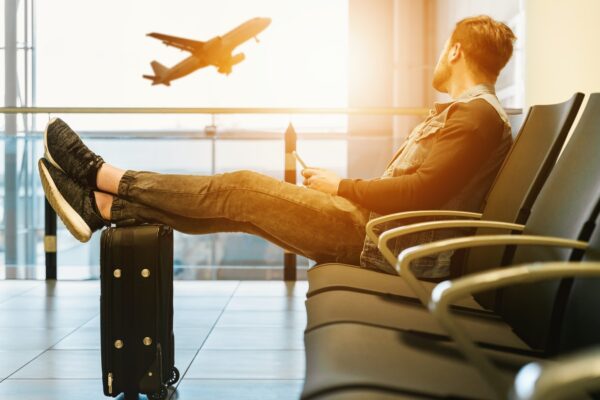Sleep strategically.
Start to move your bedtime one hour later (or earlier, as appropriate) than you would normally three days before you are set to travel. On the second night add another hour and on the third day add a third hour. It has been noted by sleep experts that it takes one day for each time zone for your body to be able to adjust, so to help ease this transition, plan ahead of time.
Go with the flow using the local schedule.
Trying synching up with the local schedule after you land. If you land during the middle of the day when people are awake then you should try to stay awake also. Sleep experts from Mattress Firm also suggest that you do as much sleeping on the plane as possible. If you will be landing at night, try to stay awake on the plane and then sleep once you get to your final destination.
Follow The Two-Day Rule
Try to stick to your own schedule if you are going to be staying someplace less than two days. By the time your body has been able to adapt, it will be time to go home. In those situations, you should ask that any meetings or obligations occur during your home peak waking hours when possible.
Let In Light
If your plane lands early in the morning while you are traveling east, take some sunglasses with you to minimize your exposure to light. It is better to get maximum light exposure during the early afternoon or late morning, which will shift your body’s rhythms closer to the time zone of your destination.
Your goal is recalibrating your click so that it nearer to the bedtime of your destination. If you are traveling west, that is less disruptive, so you should aim to get light exposure during the early evening hours. To push your rhythm later, go for a walk or eat outside.
Move your body.
Once you are ready to start your day, take a warm shower and then head outdoors to do some exercising. That will be a signal to your body that it is time to start moving. When you increase your core body temperature that triggers your circadian rhythm.
Take melatonin.
Typically, natural hormone melatonin levels increase about two hours prior to bedtime, which prepares your body for rest. Your body may need a bit of a nudge if you are traveling. You can purchase melatonin as a nonprescription sleeping aid in up to 10-milligram doses.
This helps your body be able to produce natural melatonin at the right times when your schedule is off-balance. However, melatonin is not a cure for jet lag. According to studies, it is more effective to be exposed to light during the day to reset your internal clock.


